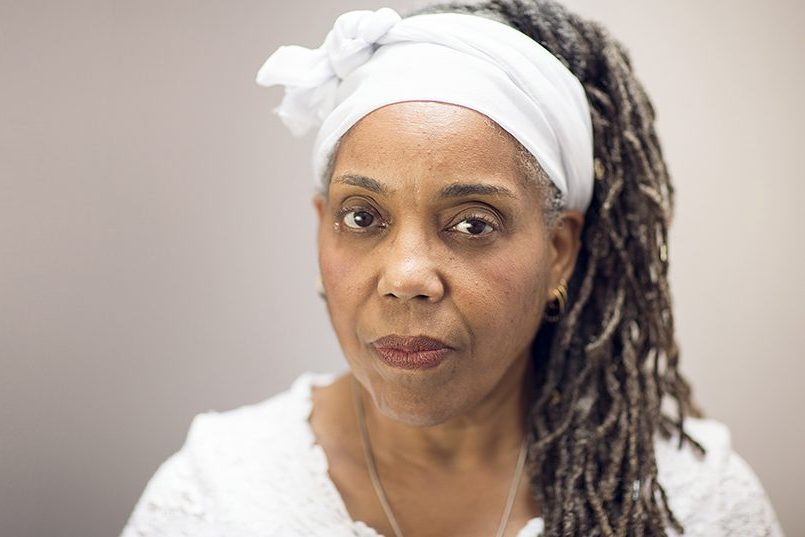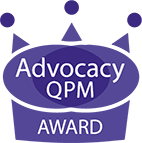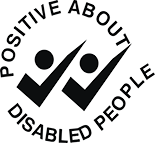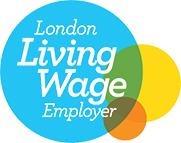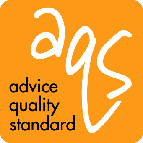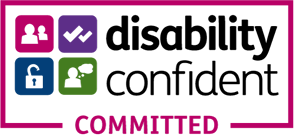The Care Act 2014
The Care Act 2014 introduces the principles of wellbeing and prevention and places recognition that an individual and/or Carer must be enabled to make decisions regarding their own care and support.
The Care Act places certain duties on local authorities in ensuring that people are involved in the health and social care decisions made about them. This includes assessing their needs and eligibility for publicly funded care and support.
Independent Care Act Advocacy
The Care Act 2014 introduces a legal duty on Local Authorities to provide independent advocacy to those who would have ‘substantial difficulty’ in being involved in care and support processes and have no appropriate individual(s) who can support their involvement.
Substantial difficulty is defined a person having difficulty with:
- Understanding information
- Retaining information
- Weighing up information
or
- Communicating information
This is usually attributed to a mental or physical impairment.
No appropriate individual to support a person’s involvement
There is no-one appropriate to represent the views and wishes of the person as well as facilitating their involvement in certain decisions. If there is a suitable person they must not be acting in a paid role and they must be able and willing to represent that person. For instance if they had a relative who lived quite a distance away they would not be appropriate to facilitate a person’s involvement. There are two exceptions to this listed below. *
What can a Care Act Advocate assist with?
An Independent Advocate can support a person involved with:
- a needs assessment
- a carer’s assessment
- the preparation of a care and support plan
- a review of a care and support plan
- a safeguarding enquiry or safeguarding adult review
- a child’s transition into adult service assessment
Exceptions
An Independent Advocate can also be involved with the following two issues even if there is an appropriate person:
- If there is a disagreement between the local authority and the appropriate person and they both agree that an Independent Advocate would be in the best interests of that individual.
- An NHS body has made arrangements for the person to be accommodated in a hospital for 28 days or more or a care home for 8 weeks or longer AND the local authority is satisfied that it would be in the best interests of the person to receive Independent Advocacy.
Who can make a referral?
Anyone employed or part of the local authority (Croydon Council) can make a referral. Please contact us on the number below for a referral form.
How to contact us
To make a referral for a mental health advocate contact us on:
Tel: 020 8763 6730
Email: advocacy@mindincroydon.org.uk
For other advocacy needs
Telephone: 0345 310 1812
Email: referrals@advocacyforall.org.uk
Office Hours: Monday-Friday 9am-5pm
BY APPOINTMENT ONLY
If no-one is available to take your call please leave a message and we will get back to you.
Links for further reading
Volunteer for us
Mind in Croydon welcomes volunteers/trainees to help it undertake its work.

Information Line
Mind in Croydon operate a confidential mental health telephone information line: Please telephone our freephone number 020 8668 2210 or WhatsApp 07938 716 711
Find out more
Side By Side
Side by Side is a supportive online mental health community where you can be yourself. We all know what it's like to struggle sometimes, but now there's a safe place to listen, share and be heard.
Find out more
